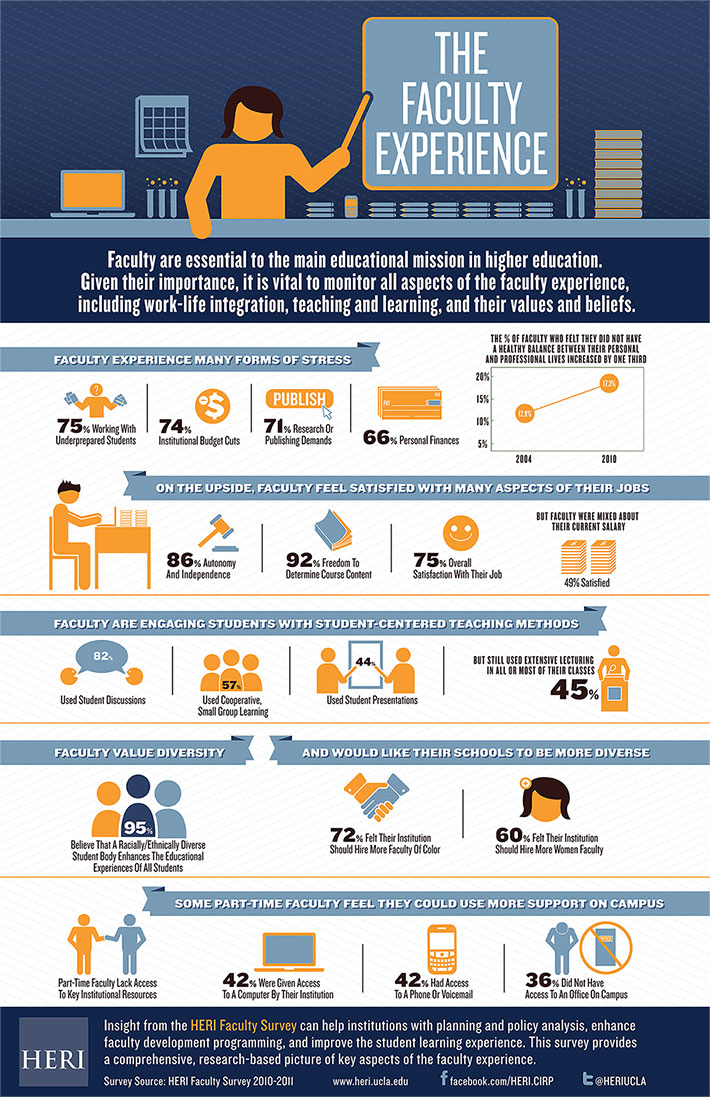What is intuition? It's one of those terms that is hard to get a handle on. And yet teachers rely on their intuition every day. A situation unfolds in class: some kid in the back moves restlessly and takes an iPod out of his back pack. Those sitting nearby look at what he's doing. A couple of them start whispering as he continues to fuss with his iPod. Some students in the next row glance backward. The teacher continues to present information. She pauses to ask a question, and all the while she's sees what's happening in the back of the room. She rightly assumes that she's lost the attention of students back there. She opts for an abrupt break in the instructional action. She stops talking, turns to the board and, without speaking, writes a question there. Then she faces the class. "Stand up. Everybody stand up." Students shuffle to their feet. "Now look at this question. Spend the next couple of minutes talking with the people around you. In two minutes I want answers and examples."
Read more ›CURRENT ARTICLE • May 29
OTHER RECENT ARTICLES
Financial concerns a major source of stress for faculty at U.S. public colleges, universities
Faculty members at U.S. colleges and universities continue to experience multiple sources of work–life stress, but those at public institutions in particular cited financial concerns as a top source of stress over the last two years, according to a new UCLA report on teaching faculty at the nation's institutions of higher education.
Read More ›Have you have heard of Garcetti v. Ceballos? This 2006 U.S. Supreme Court case involving Gil Garcetti, a district attorney for Los Angeles County, and Richard Ceballos, a deputy DA, had nothing to do with higher education and yet it has had a profound effect on the academic workplace, particularly at state-supported colleges and universities.
Read More ›Slow down and remember this: Most things make no difference. Being busy is a form of laziness—lazy thinking and indiscriminate action. … Being selective—doing less—is the path of the productive. Focus on the important few and ignore the rest. … It’s easy to get caught in a flood of minutiae, and the key to not feeling rushed is remembering that lack of time is actually lack of priorities.[1]
Read More ›As an undergrad I had a hard time settling on a major so I sampled a lot of different courses during my first couple of years. I remember signing up for one course that looked perfect because it combined two of my interests — media and American politics. In addition to learning about the changing dynamics between the two from a historical perspective, I was excited to see how the professor would incorporate the current presidential election into the course.
Read More ›We tend to think of interviews as processes that select suitable candidates for different jobs. But in many ways the purpose of interviews is to reject unsuitable candidates. After all, by the time a search reaches the stage of meeting a few finalists on campus, the institution is largely satisfied that everyone being interviewed is qualified for the job. The candidate’s résumé has been examined, references have been contacted, and the candidate has already answered a number of questions appropriately during a phone interview or an off-sight at a conference. The critical question now is, Which of these finalists is the best fit for the program and the institution?
Read More ›As institutions increase their reliance on part-time and non-tenure-track faculty, the issues of equity and instructional quality take on more importance. One way to address these issues is to integrate non-tenure-track faculty into the culture of the department and institution. In this article, we highlight how the composition program in the English department at Appalachian State University is making this cultural change.
Read More ›The stakes are high when hiring a new faculty member who can teach, publish, and serve your institution. Since most vitae make the candidates sound wonderful, is there a way to ensure that the strongest candidates get hired? Long used in the business world, behavior-based interviewing (BBI) aids in the selection of new faculty who can perform their tasks.
Read More ›Finding the right candidate for a faculty position is a critical decision, and selecting the right person can involve a complex search for the perfect combination of qualifications and experiences. Adding to the complexity of the process are the legal and policy issues that institutions must address to ensure a fair screening process.
Read More ›Teaching and Learning Award Winners Recognized at Sold-Out Teaching Professor Conference
McGraw-Hill and Magna Publications are pleased to announce the winners of the second annual Scholarly Work on Teaching and Learning Award. The award recognizes outstanding scholarly contributions that advance college-level teaching and learning practices.
Read More ›





